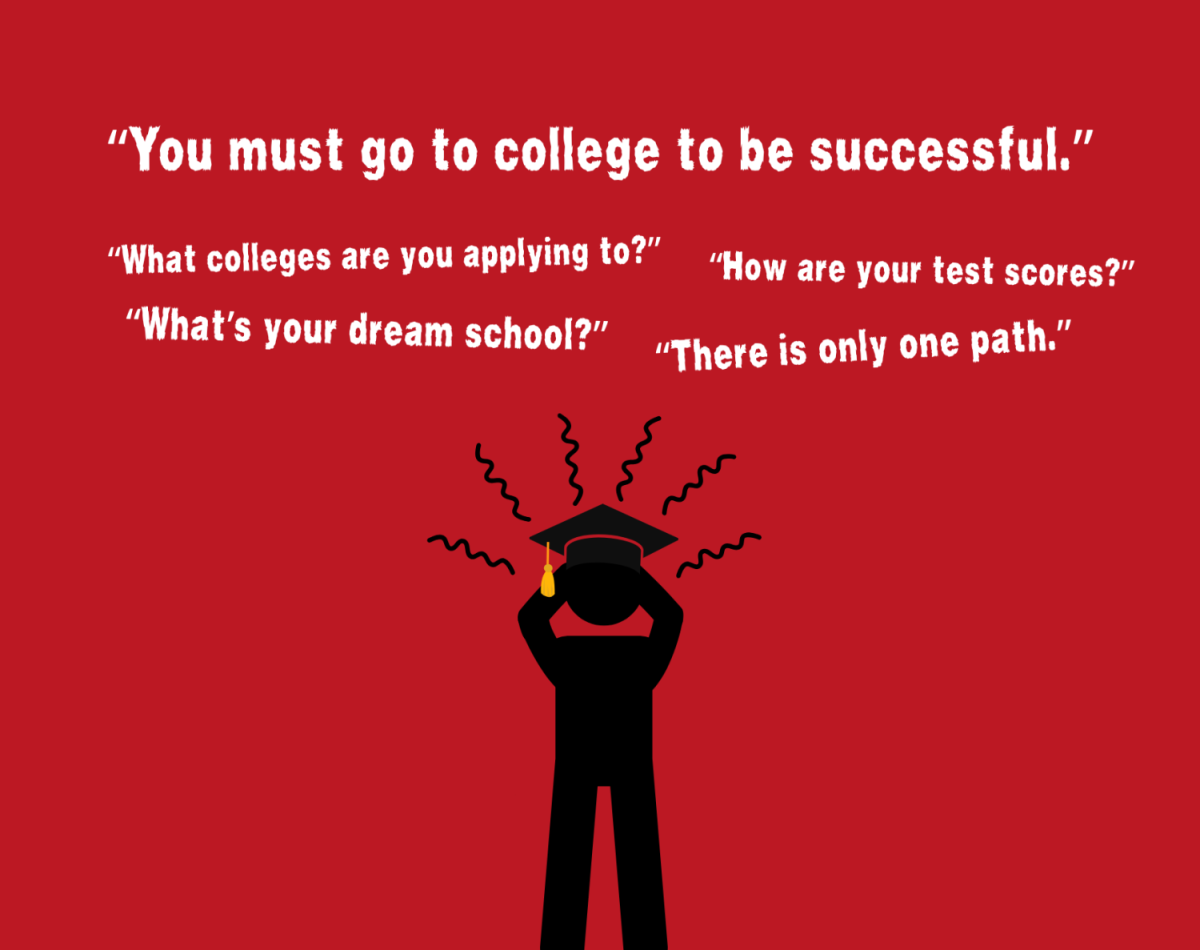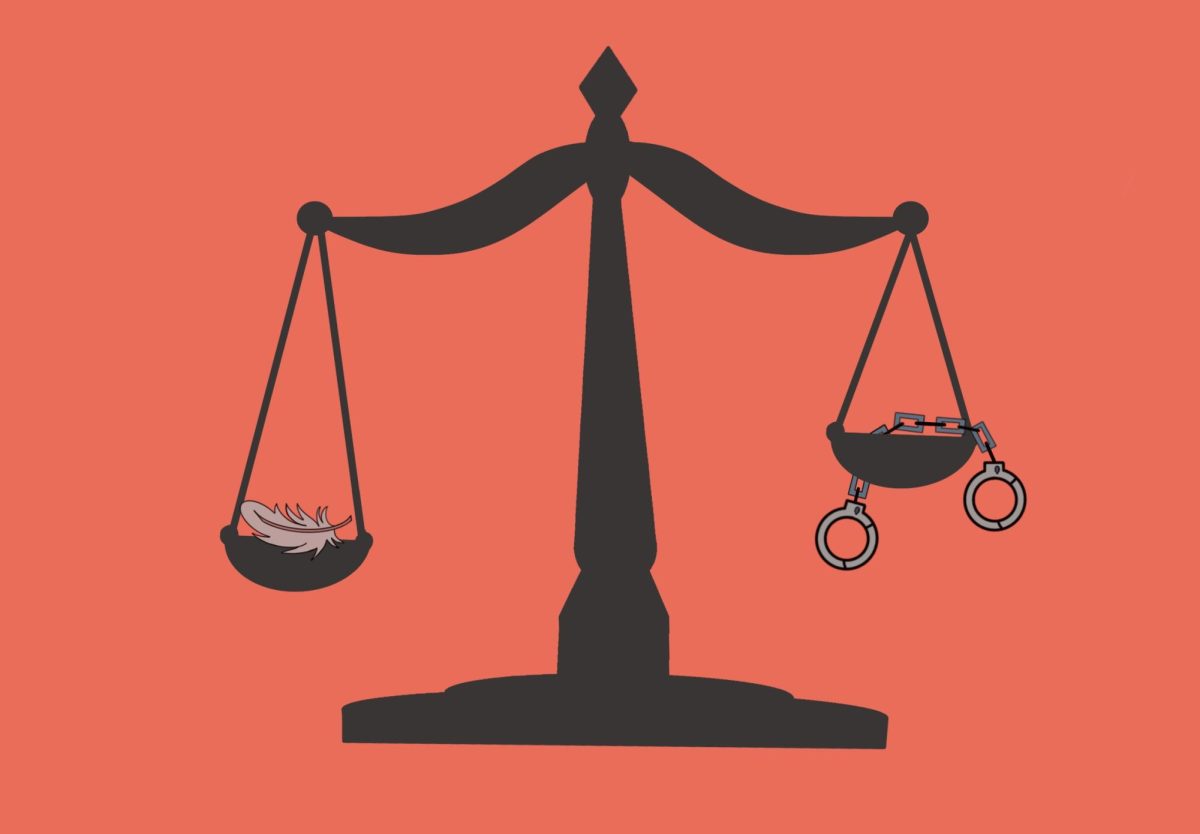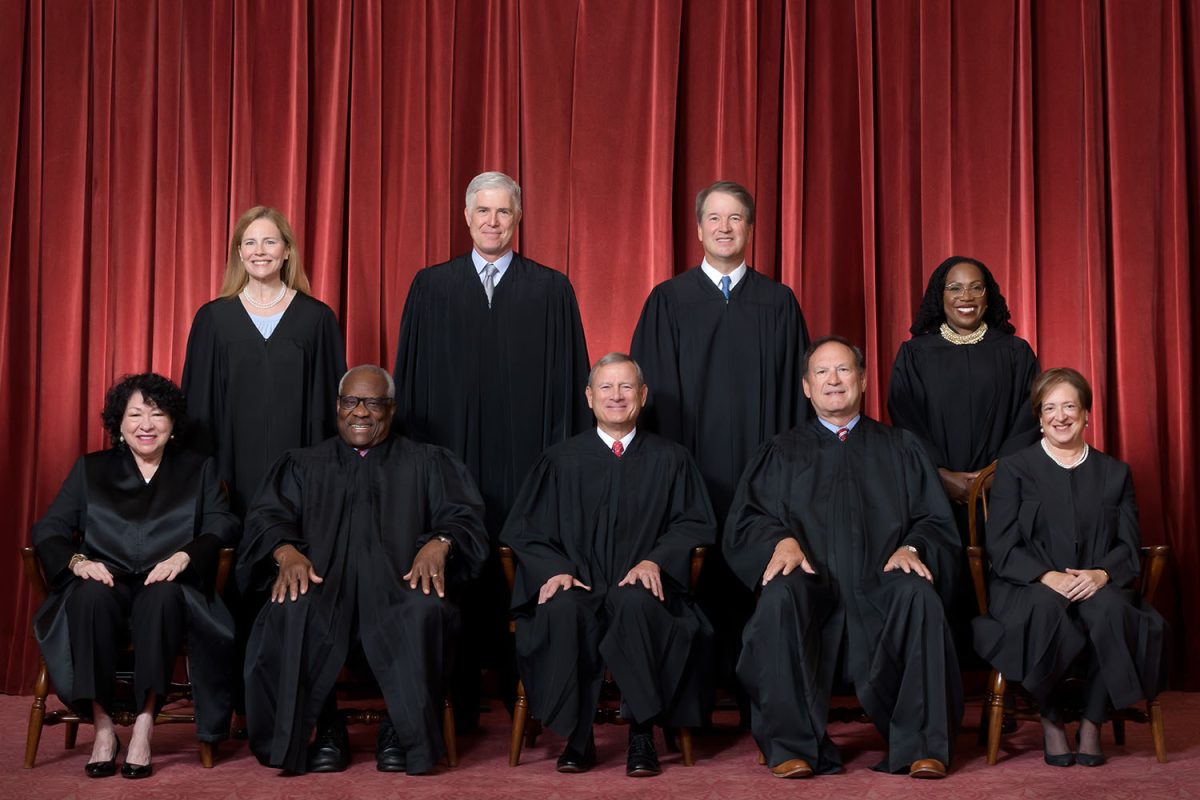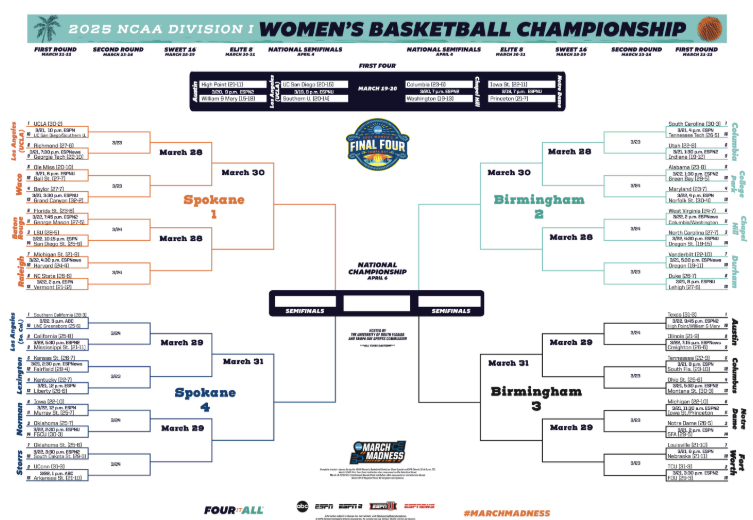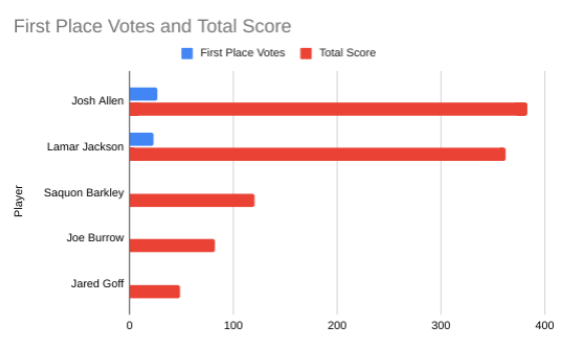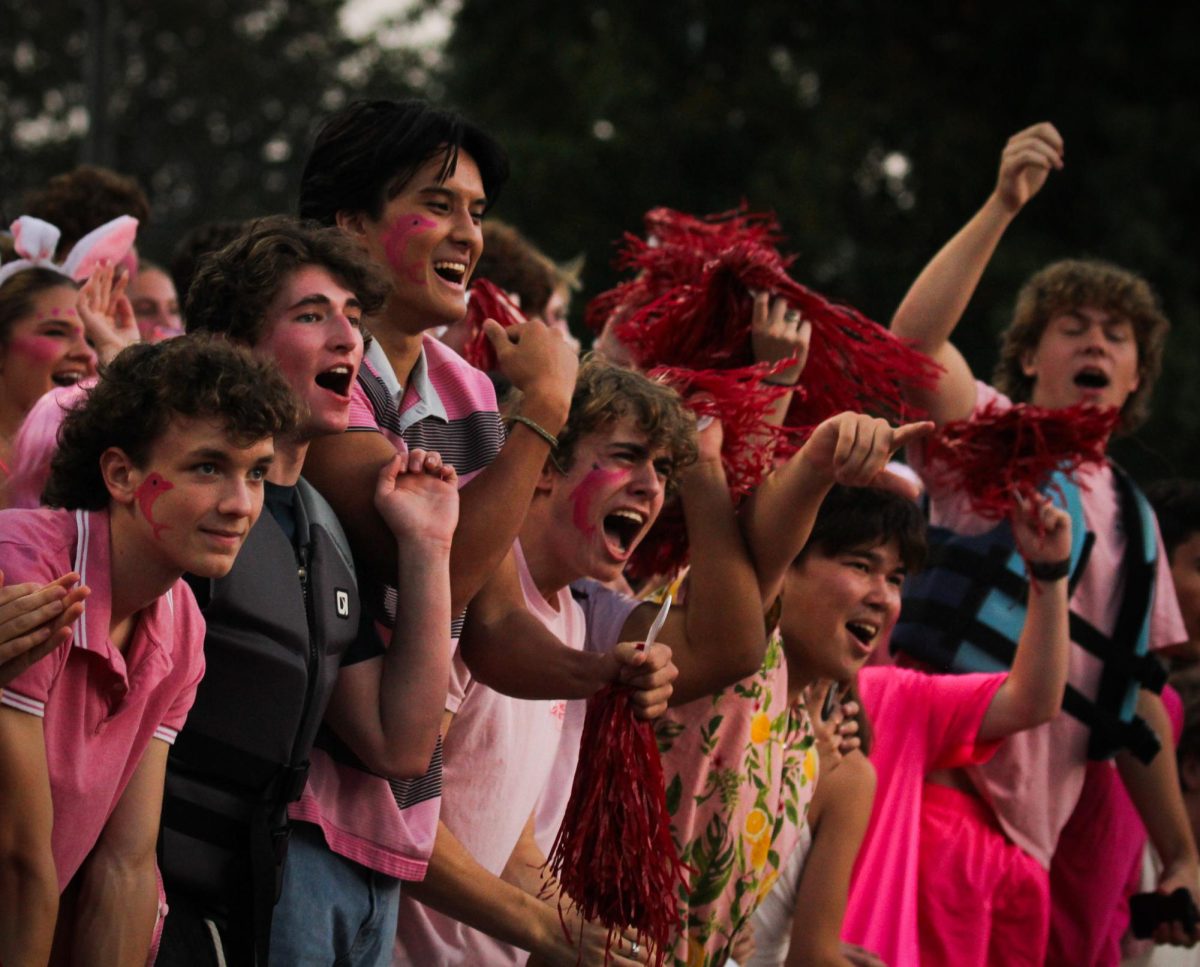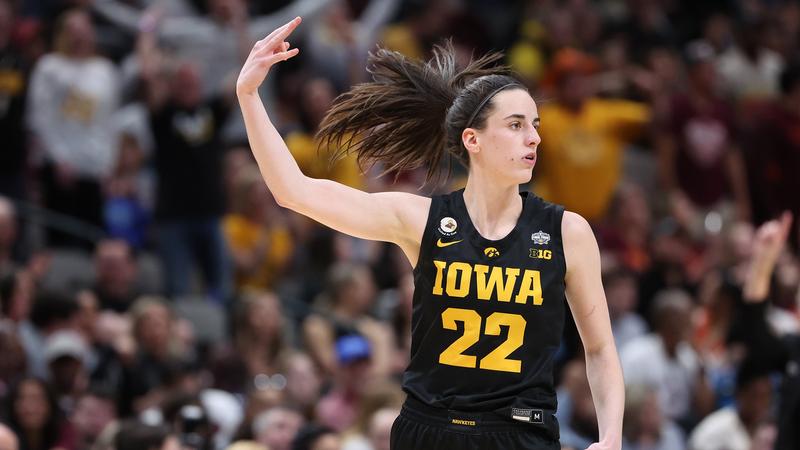By: Parker Killenberg
Commentary
According to the Georgia High School Association’s 2016-2017 Constitution, student athletes only need two and a half academic credits per semester. Grady students have eight classes in their schedules and have to pass just over half of their classes to participate in varsity or junior varsity athletics. This policy undermines education and jeopardizes the educational and professional futures of student athletes.
The requirements of graduation and athletic eligibility are set by the state and GHSA. According to GHSA Executive Director Gary Phillips, since they’re deciding regulations for the whole state, GHSA and the state regulators have to take into account the schools that take only five credits per year, thus the policy requiring only 2.5 credits per semester
However, all of the schools in the Atlanta Public Schools district operate on an eight class schedule. While the Atlanta school board may be unable to change state-mandated graduation requirements, it can adjust GHSA’s requirements to fit the district by requiring student athletes to pass more credits. This would require the same athletic integrity at Grady, and other APS schools, as is expected at schools with only 5 classes.
The GHSA Constitution outlines athletic eligibility requirements for students in participating schools. These rules essentially boil down to requiring around six credits per year. This is well over half of the credits a student can achieve per year at Grady, and this may assure coaches that their athletes are receiving a well-rounded education. However, the coaches may think differently, if they look closer.
In freshman year, a student athlete only has to pass 2.5 units out of four per semester. That is only .5 of a credit more than half of your classes. Especially in their first year of high school, athletes should be required to put in the effort to pass at least three-fourths of their classes. Not doing so creates habits of underperformance throughout high school.
Students must alternate between receiving 2.5 and 3.5 units per semester during their sophomore and junior years to keep up with athletic requirements. However, they’re forced to pass all of their classes second semester of senior year to fulfill the minimum requirements of graduating. Expecting students to pass four credits senior year after requiring less the other seven semesters of high school is unfair and irresponsible. Along with battling senioritis and heightened expectations, senior athletes will have to struggle to obtain credits and fight to play well in their last sports season.
While the Grady graduation requirement, entailing 24 credits for all four years in high school, allows a student to fail a year’s worth of classes during their eight-semester high school career, GHSA and the APS school district should expect more than the minimum from their student athletes. Requiring extraordinary athletic performance but ordinary scholarly effort is diminishing the “school” part of “school sports.” Putting such an emphasis on attending practices and high performance in games belittles education and teaches teenagers to value sports over knowledge. This can lead to a cycle of educational underachievement and putting minimum effort into schooling.
Out of the almost eight million teenagers who participate in high school athletics nationwide, only a fraction go on to compete professionally. According to the National Collegiate Athletic Association, only 6.7 percent of high school football players go on to play professionally. This number is cut in half for basketball players, where only 3.5 percent end up playing for professional teams. Why does GHSA allow student athletes to shift focus from their education to sports when such a small percentage will make a career out of it?
For the small percentage who do go on to professional teams, players need a backup plan for retirement. According to Sports Illustrated magazine, 78 percent of former NFL players go broke within two years of retirement, compared with 60 percent of NBA players who go bankrupt within five years of retirement. These athletes focus solely on sports for their entire educational careers and discover they have nothing to pursue after sports.
It is the responsibility of the Atlanta school board to amend its requirements to compel student athletes to pass at least 3.5 credits each semester of high school. This will push students to obtain 28 credits in their four years of high school in order to go above and beyond the minimum graduation requirements. It will also allow students a buffer for their last semester instead of forcing them to pass all of their classes second semester senior year, after expecting less for their previous semesters. This policy will ensure that student athletes put as much time into education as they do into athletics and give them the necessary discipline to continue education after high school.


